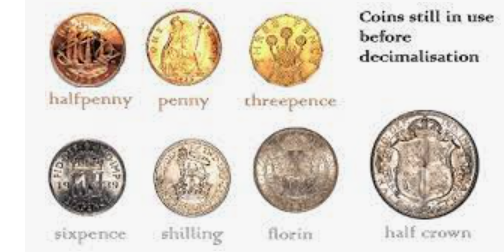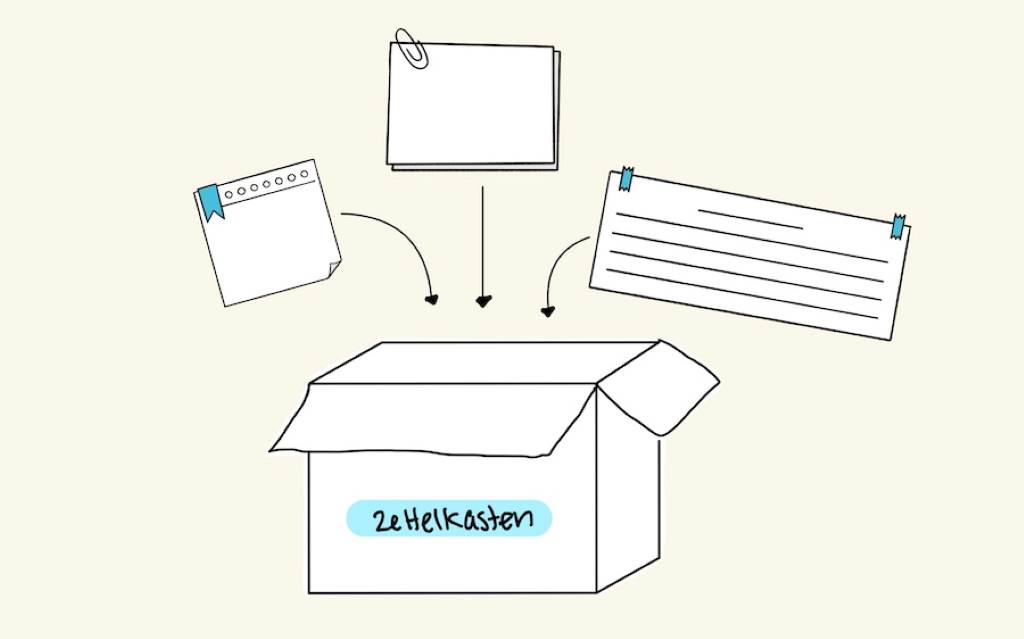As parents, we all want the best for our children, including a strong educational foundation. One question that often comes to mind is whether preschool is free in the US. In this article, we will delve into the intricacies of early childhood education options in the United States, focusing on the availability and costs of preschool programs. This content is presented by Prforeducators.com
Understanding the Importance of Preschool Education
Why Early Childhood Education Matters
Early childhood education plays a crucial role in a child’s development. It provides a stimulating environment that fosters social, emotional, and cognitive growth. Research shows that high-quality preschool education positively impacts children’s long-term academic success and overall well-being.
The Benefits of Preschool Education
- Socialization and Communication Skills: Preschool offers opportunities for children to interact with their peers and develop vital social and communication skills.
- Cognitive Development: Early education introduces children to essential concepts such as numbers, letters, and problem-solving, laying the foundation for future learning.
- Emotional Development: Preschool provides a safe space for children to express their emotions, helping them build resilience and self-regulation skills.
- School Readiness: By engaging in structured activities and routines, children become better prepared for the transition to formal schooling.
Public Preschool Programs in the US
State-Funded Preschool Programs
Many states in the US offer state-funded preschool programs aimed at providing early education to children from low-income families or those with specific educational needs. These programs focus on delivering high-quality education while ensuring accessibility to families who may face financial constraints. Find out how many hours is preschool.
Head Start Program
The Head Start program is a federally funded initiative that provides comprehensive early childhood education, health, nutrition, and parent involvement services to eligible low-income families. The program aims to promote school readiness and improve the overall well-being of young children.
Public Pre-K Programs
Some school districts offer public pre-kindergarten programs that are either free or available at a reduced cost. These programs typically follow state education standards and may have income-based eligibility criteria.
Private Preschool Programs and Their Costs
Independent Preschools
Private or independent preschools are not funded by the government and operate independently. They often have more flexibility in their curriculum and may offer specialized programs, such as Montessori or Waldorf education. However, the tuition fees for these programs can vary significantly based on factors like location, reputation, and additional services provided.
Montessori Education
Montessori schools follow a child-centered educational approach that emphasizes independence, freedom within limits, and hands-on learning. The costs of Montessori preschools can be higher compared to traditional preschools due to the specialized nature of the education provided.
Waldorf Education
Waldorf preschools focus on nurturing a child’s creativity and imagination through a holistic curriculum. These schools often integrate arts, music, and movement into their programs. Similar to Montessori schools, Waldorf education may come with higher tuition fees.
The Reggio Emilia Approach
The Reggio Emilia approach is an innovative educational philosophy that encourages exploration and collaboration among young learners. While not as widely available as other preschool options, Reggio Emilia schools can offer unique learning experiences, which may reflect in their costs.
Financial Assistance for Preschool Education
Child Care Subsidies
For families facing financial challenges, there are child care subsidy programs available that can help cover the costs of preschool and child care services. These subsidies are typically income-based and vary from state to state.
Tax Credits
Certain tax credits, such as the Child and Dependent Care Credit, can provide financial relief to parents who incur expenses related to preschool and child care services while they are working or looking for work.
In conclusion, the availability and costs of preschool education in the US vary depending on the type of program and location. Public preschool programs, including state-funded initiatives like Head Start, offer free or low-cost options to eligible families. On the other hand, private preschools, such as Montessori and Waldorf schools, provide specialized education but may come with higher tuition fees.
As parents, it’s essential to explore the available options and financial assistance programs to ensure that our children receive a quality early education that prepares them for a successful future.
FAQs
Is preschool education necessary for my child’s development?
While not mandatory, preschool education offers numerous benefits for children’s social, emotional, and cognitive development, making it a valuable option.
Can I enroll my child in a public preschool program from any state?
Public preschool programs typically prioritize children within their respective states. However, some programs may accept out-of-state students under certain circumstances.
What factors should I consider when choosing a preschool?
When choosing a preschool, consider factors such as curriculum, teacher qualifications, class size, facilities, and proximity to your home or workplace.
How can I apply for financial assistance for preschool tuition?
To apply for financial assistance, contact your state’s Department of Education or the local agencies responsible for child care subsidy programs.
Are there any other early education alternatives to preschool?
Yes, alternatives to preschool include home-based learning, playgroups, and early enrichment classes. Each option offers unique benefits for children’s development.





